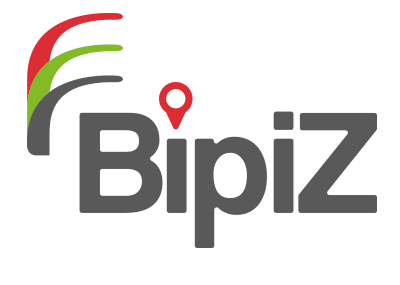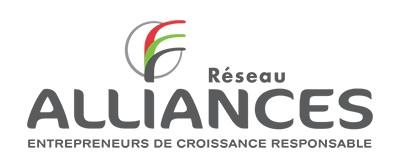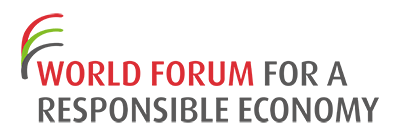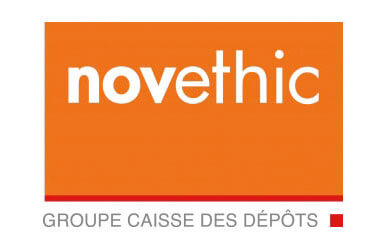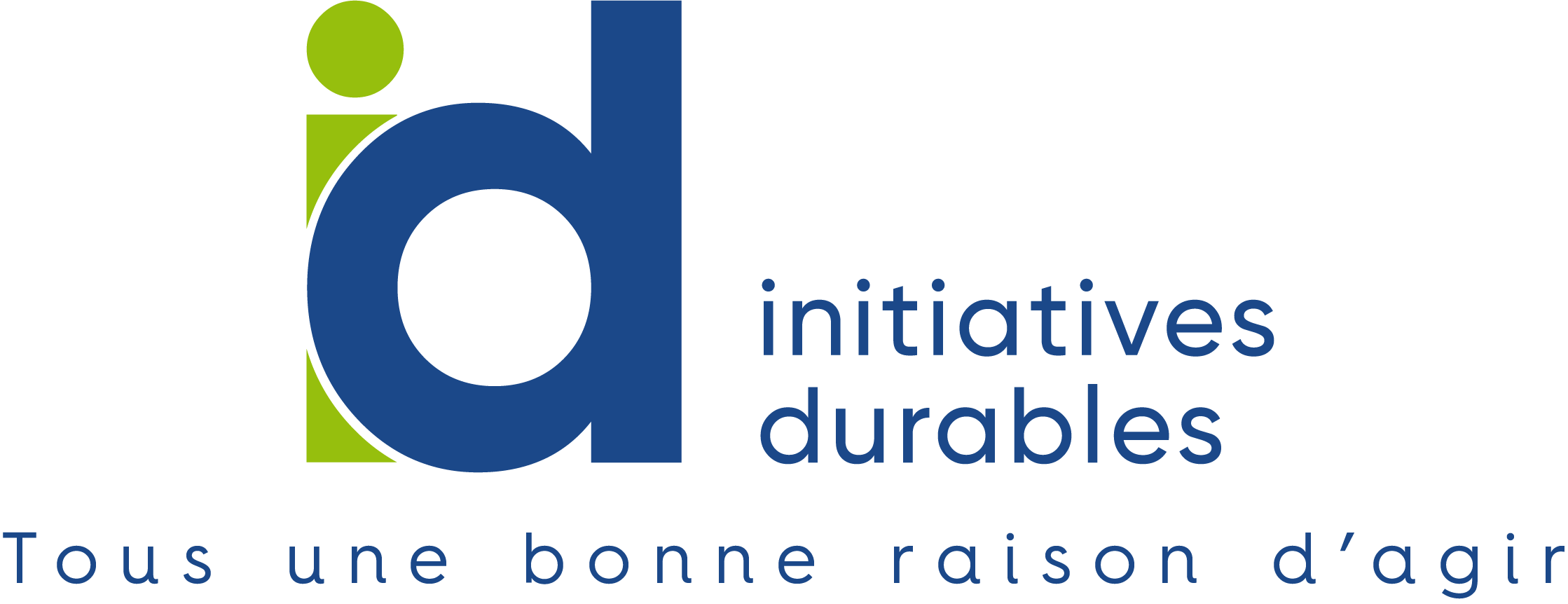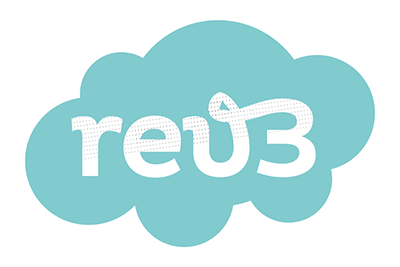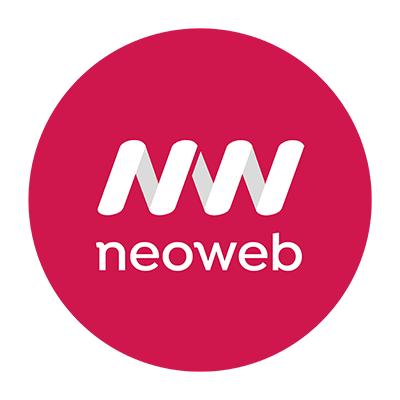Dutch aWEARness is a sustainable textile company, founded in 2012 by Rien Otto. It focuses on business-to-business work wear and corporate wear. They develop eco-effective innovations, act as a circular chain manager and consult on circular supply chain management. Guided by the principles of the circular economy, their products are designed to be reused endlessly.
The Dutch textile company Dutch aWEARrness uses the circular economy business model create and sell their products
4. Environment
Green design
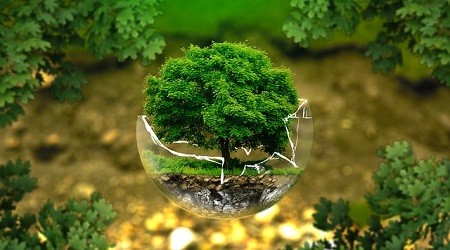

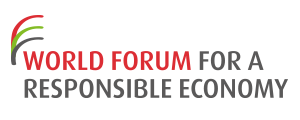
Context
Objectives
- Go from an economy on consumption and waste to a circular economy
- Respond to shortage of raw materials
- Include social partnerships and fair trade
APPROACH
The founder of Dutch aWEARness was inspired by his knowledge of the textile economy and from the growing demand of consumers of sustainable products.
Dutch aWEARness is developing a circular information system (CCMS) in which all partners in the supply chain are involved. Raw materials and products have unique barcodes, so that they can be followed through every stage of development, in order to reuse the raw materials. CCMS is not only a database with information about materials, it also includes a Life Cycle Analysis, a purchasing and inventory management tool and a Track & Trace system. The different types of information are spread across several applications, which is linked to the overarching framework CCMS.
CONTRIBUTION TO COMPANY PERFORMANCE
- Circular economy influences a decrease in raw material prices
- Dutch aWEARness with the EcoProFabric partnership aims at producing more than 30,000 garments across the EU by 2017
- Dutch aWEARness generates many partnerships (with Nike, Marc Jacobs and Prada)
- 30% reduction on the total cost of the production of clothes thanks to the CCMS
Benefits
- Uses environmentally friendly materials and all materials will be recycled and be used as a raw materials.
- Work together with suppliers, producers and entrepreneurs who produce in a sustainable way.
- The production of clothing has no negative impact on the environment.
- 95% less water consumption and 64% less energy consumption, and 73% fewer carbon emissions per garment during production than standard cotton
- Workforce
- 5 salariés (2014)
- Turnover
- NC
- Country
- Netherlands
Contact
OTTO Rien, Fondateur/Directeur artistique, This email address is being protected from spambots. You need JavaScript enabled to view it.
